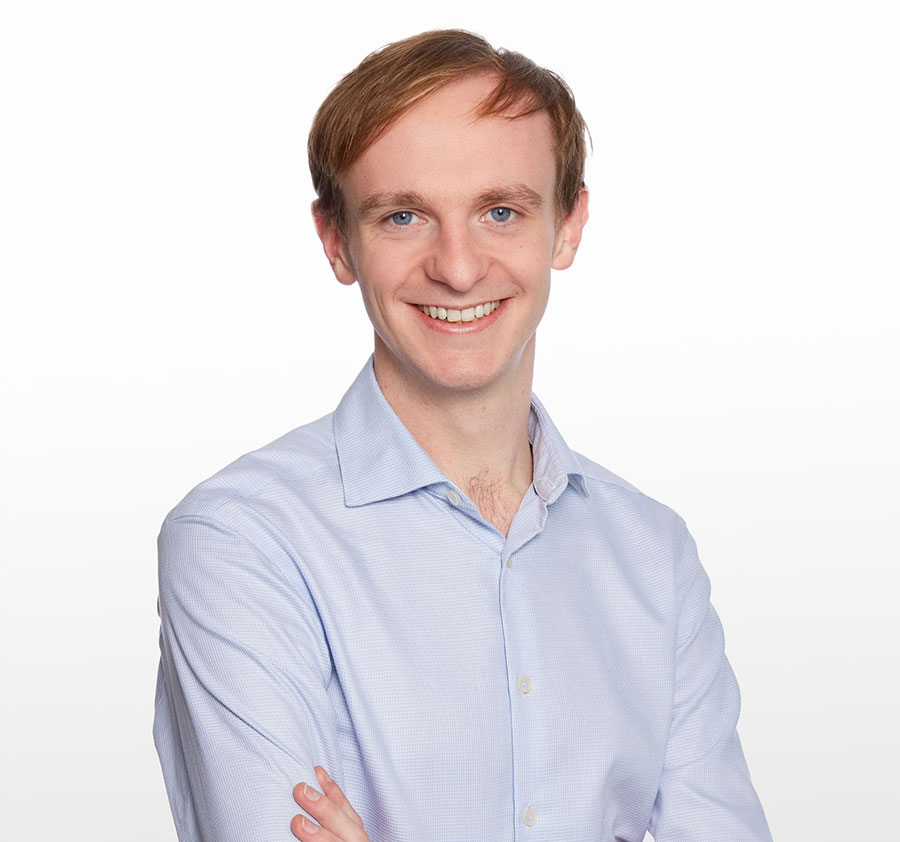About the authors:
Oliver Manners is a trainee patent attorney, working in our Manchester chemistry team. His background working in a broad, interdisciplinary PhD programme, helps him to understand the challenges of working at the interfaces between traditional disciplines.
James Clegg is a trainee patent attorney in Appleyard Lees’ Manchester office, working towards his UK and European patent examinations. James holds a first class Master of Chemistry degree (MChem) from the University of York. His masters project focused on synthesis and expansion of medium-sized organic rings. James’ work in industry included significant synthetic contributions to oncological drug discovery projects.
Recently, we were invited to observe an opposition hearing before the European Patent Office (EPO).
Oppositions involve either opposing or defending a patent that has recently been granted by the EPO, so there’s a lot on the line for both parties. In this case, Appleyard Lees were representing the opponent, so it was our job to analyse the situation and submit arguments against the granted patent that would either result in revocation of the patent, or amendment of its protective scope away from the area of commercial interest to our client.
In the run up, we were involved in helping the lead attorney analyse and summarise numerous documents submitted by both sides so she could formulate our complex legal arguments against the granted patent. We had an extra layer of complication thanks to the patent being in German – luckily, our newly qualified colleague, David Jasiewicz, has excellent language skills!
On the day itself we eased ourselves out of bed bright and early to come into the office suited and booted for 7:30 am (being based in Munich, opposition hearings run on Central European time). The format of the proceedings was a live video call from one of the Manchester office meeting rooms. Before proceedings kicked off we got to meet the client in person (a first for both of us) as they were also observing.
Despite the proceedings being carried out in German, the EPO provides impressive simultaneous interpretation from German to English, allowing all parties to argue in their preferred language. Watching the lead attorneys from each side of the proceedings go back and forth with carefully constructed arguments and quick, incisive counterarguments was an eye-opening insight into what we can aspire to in this career.
The hearing was an all-day affair, but we gradually approached a conclusion. Neither side had “won” but the day was full of small victories. Regardless, it couldn’t have been better for us as we got to witness a real masterclass.
If you’re interested in learning more about patent oppositions at the EPO, visit our content collection here.









